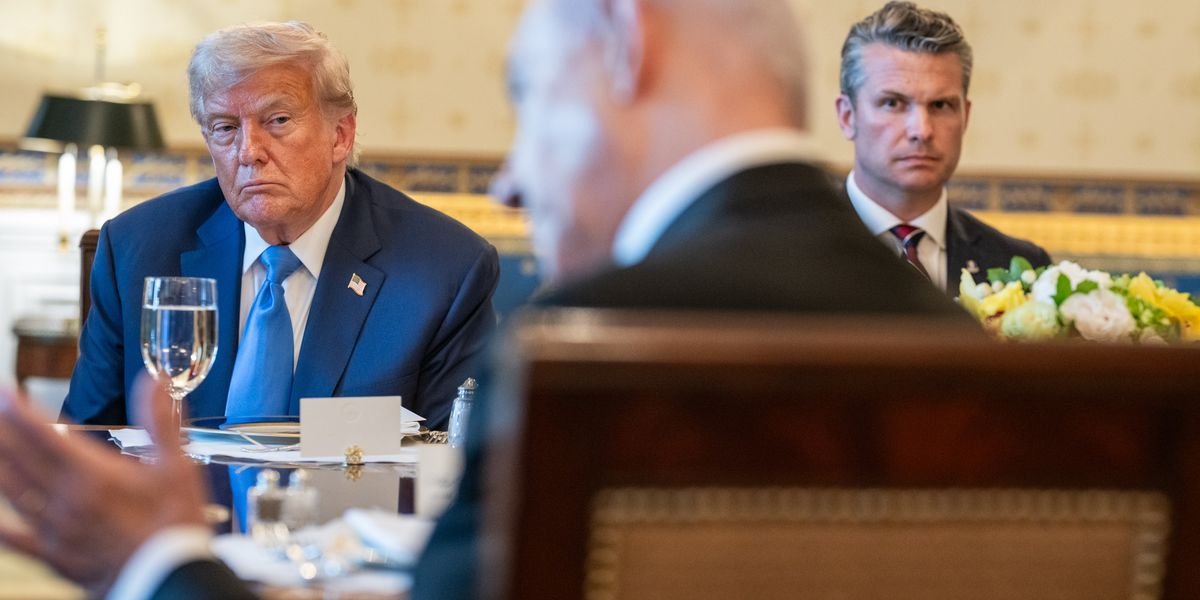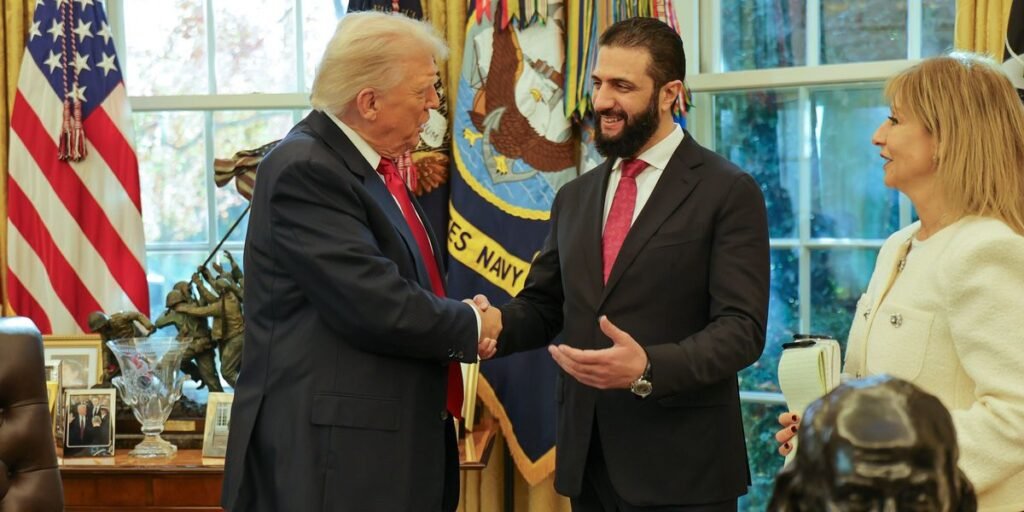Now Reading: Americans’ views on Trump’s foreign policy so far
-
01
Americans’ views on Trump’s foreign policy so far
Americans’ views on Trump’s foreign policy so far

Article Summary
In assessing Trump’s overall leadership, perceptions vary widely. While about half of Democrats view him as reckless, Republicans tend to see him as tough and intelligent, with a significant portion describing him as a peacemaker. Despite Trump’s claims of having brokered a ceasefire in Gaza, a strong majority (63%) of Americans believe he does not deserve a Nobel Peace Prize, including 95% of Democrats and a slim majority of Republicans.
Specific foreign conflicts further illustrate the partisan divide. Many Democrats advocate for halting military support for Israel, with half of respondents characterizing Israel’s actions in Gaza as genocide, a claim only 8% of Republicans share. Views on the Ukraine conflict also diverge, with a majority of Democrats believing Trump complicates the situation, while Republicans maintain more favorable views of his actions. In contrast, there is a rare consensus on Iran, where a plurality supports imposing harsher sanctions should Iran resume its nuclear program.
Finally, the survey reveals a growing sentiment for congressional approval before military actions, reflecting an increasing desire for checks on presidential power. While there is some consensus on military spending—most Democrats favor cuts while Republicans largely oppose them—general attitudes towards U.S. military aid are also shifting. A plurality believes that the U.S. provides too much aid to foreign nations, reflecting a broader reevaluation of American military commitments post-Afghanistan and Iraq. Ultimately, Trump’s “America First” policy continues to resonate with some Americans, but its implementation remains controversial and polarized, suggesting that the greatest challenges to this approach may still lie ahead.












